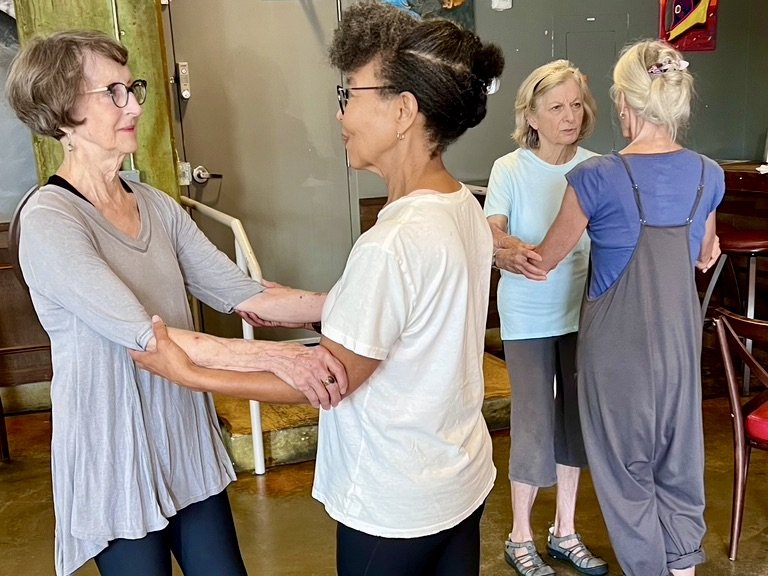Older Adults Outreach
/Tango Mercurio to Launch Adapted Tango for Parkinson’s, Seeks DC Rehab Partner
Older adults practice Adapted Tango
Tango Mercurio, a 501(c)(3) nonprofit arts-education organization established in the District of Columbia, is planning to launch a program for people with Parkinson’s disease modeled after the Tango Therapy Project in Philadelphia. We have received grant funding from the D.C. Commission on the Arts and Humanities to support the program in D.C.
Contact:
S. Alexandra Russell
Older Adult Outreach Program Manager
Tango Mercurio
s.alexandra.russell@gmail.com
202-316-3556
Who We Are
“Mercurio” takes its name from the Spanish word for “Mercury,” an ancient symbol of connection. We teach classes in Argentine tango, host events, and connect the tango community to the broader community in the Washington, D.C. area by bringing dance, music, and culture to older adults, underserved youth, the LGBTQ+ population, and the public at large. As part of our Older Adult Outreach, the Tango Therapy Project will bring Adapted Tango programs to people who might not otherwise experience this unique art form that has proven benefits for individuals with motor and neurological disorders.
Why Parkinson’s?
Parkinson’s Disease—the second most-common neurodegenerative disease after Alzheimer’s—affects 10 million people worldwide and 90,000 more each year in the U.S. It manifests through a spectrum of motor and non-motor symptoms that can be physically, emotionally, and psychologically debilitating. While there is no known cure and medications may help provide relief for some symptoms, exercise is recognized as a vital therapeutic tool for people with Parkinson’s. And in studies exploring the efficacy of Adapted Tango and other exercise regimens, tango has performed as well as and sometimes better than other movement forms.
Why Tango?
Argentine tango is a social partner dance based on hugging another person and walking together. Because its essence is simple, tango is accessible to people of all ages and doesn’t require any specialized physical training. Argentine tango is improvised; dancers learn and share a movement vocabulary, but much like life, the dance emerges in the conversation between partners in the moment. As a therapeutic tool, tango is a moderate-intensity activity that offers practice in countless real-life skills, including many that prove challenging for people with Parkinson’s and other conditions. These include walking forward and backward, initiating and ceasing movement, varying speed and rhythm, navigating among other dancers, sustaining attention, working with a partner, and engaging multiple senses.
Why Now?
The United States is a country with an aging population. In addition, the entire country is experiencing an epidemic of loneliness and isolation that has only grown since the onset of COVID. Many of us are deprived of physical contact and social interaction. We need creative, cost-effective solutions to support the quality of life at every stage, but especially as we age, alongside the technological advancements and scientific discoveries that have made our longer lives possible.
Tango offers a safe environment for experiencing physical touch and forming meaningful social connections and community. As a cultural phenomenon that encompasses dance, music, and poetry, tango invites lifelong learning, a connection to the wider world, and neurological engagement scientifically proven to boost happiness and well-being.
Our Team
Our Older Adult Outreach Program Manager S. Alexandra Russell has been leading tango programs for older adults since 2019 in partnership with Arts for the Aging, a nationally recognized social service organization that delivers innovative, multidisciplinary arts experiences in community and residential care settings in the Washington area. She has been trained in Adapted Tango for Parkinson’s by Dr. Madeleine Hackney, a world-renowned movement scientist, who is also our Clinical Advisor for the Tango Therapy Project in D.C. Dr. Hackney has published extensively on the benefits of adapted tango for people with PD and will come to Washington to train a cohort of Tango Mercurio volunteers.
We are seeking a PD rehabilitation center or practice as a partner to help us bring Adapted Tango to people with people with Parkinson’s in Washington, D.C. These Adapted Tango classes will be FREE for participants (people with PD, their caregivers and medical staff or students), who will receive support from volunteers trained in Adapted Tango and safety protocols for working with people with Parkinson’s. With our rehabilitation partner, we will schedule two pilot sessions of Adapted Tango for people with PD, and organize, conduct and report on the sessions, compiling data on the outcomes. Our goal is to eventually hold rolling sessions and build empirical evidence of the benefits of partner dance for people with PD.
Please contact us to enquire about a potential partnership or for more information.




